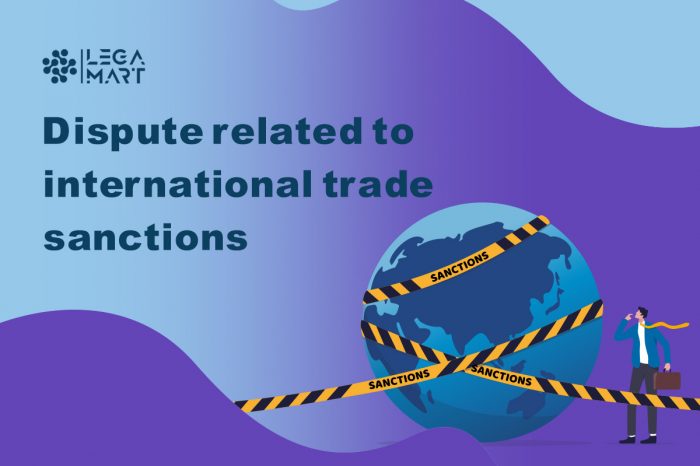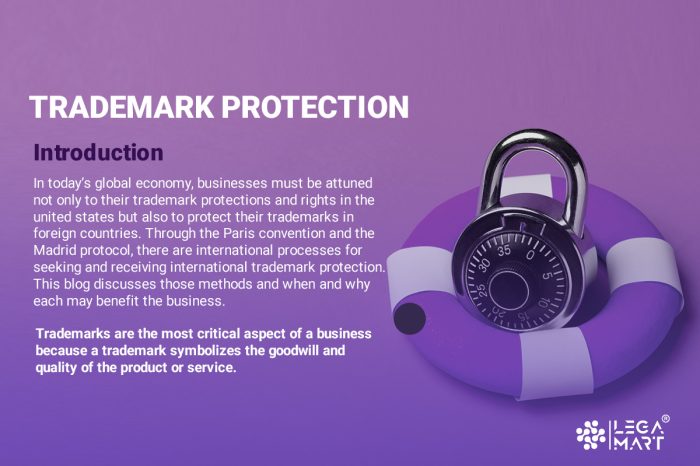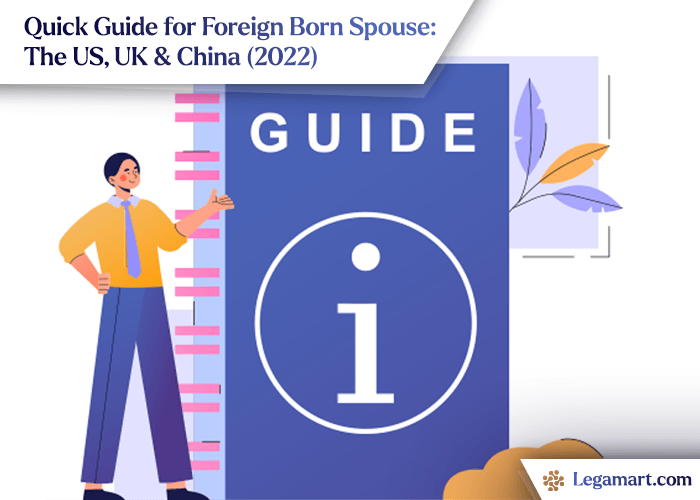China
We represent clients from all around the world in China every year. We see the globe as having no borders and are unafraid of language hurdles or time zones.
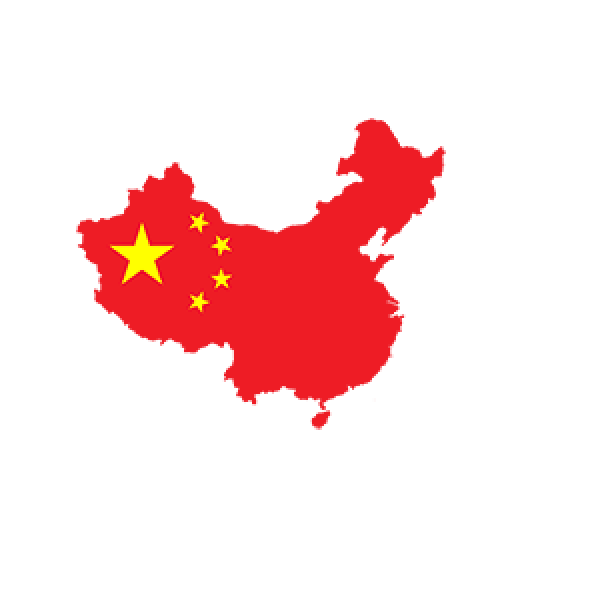
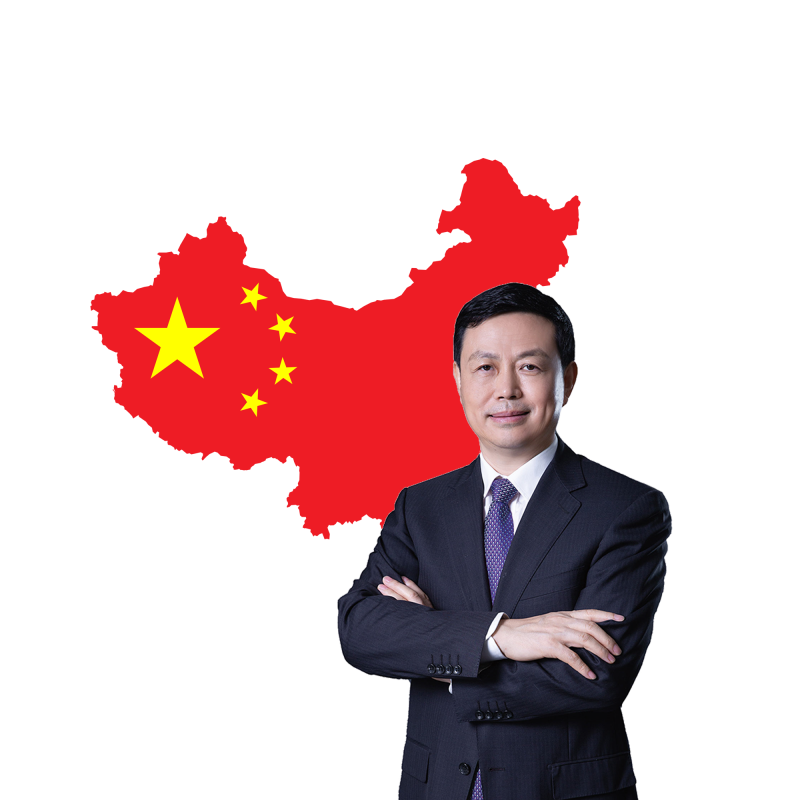
LegaMart Lawyers in China
Legal Industry in China
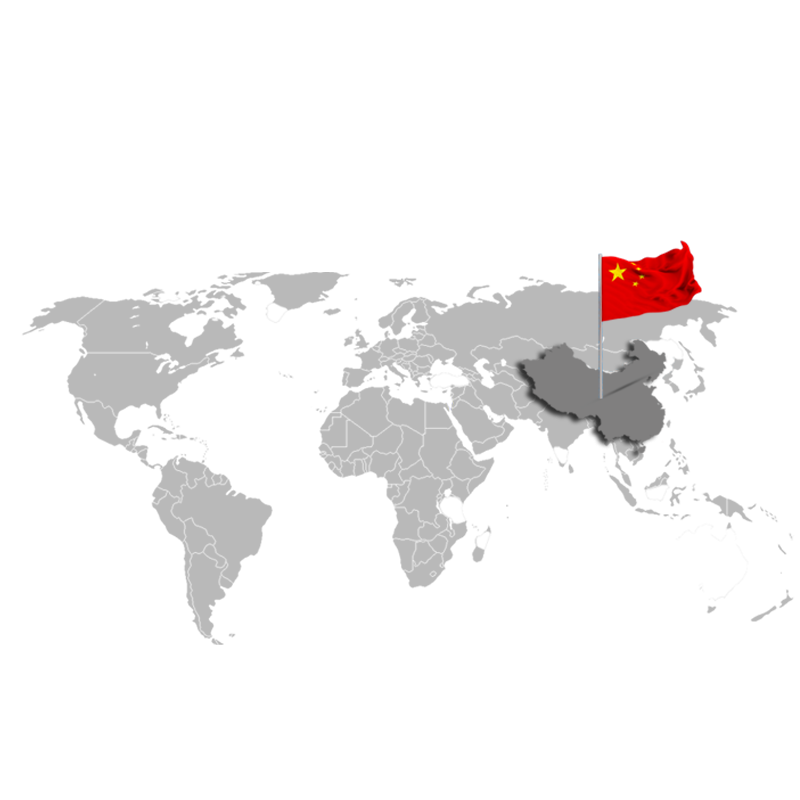
Articles about Law in China
FACiLaw
- December 24, 2022
Tell us more about your problem.
Please give a brief description about what it is you need to talk to our lawyers about ?
Most common legal demands in China
Frequently Asked Questions
I registered my trademark in Europe, is it valid in china?
Your trade mark registration in Europe does not provide protection in China. However, an international registration system is available under the Madrid Protocol through the World Intellectual Property Organisation (WIPO). Both China and the Member States of the European Union (except Malta) are party to the Madrid Protocol. Under the Madrid Protocol, the application for extension to China is based either on the trade mark application or registration. Maltese companies can apply for such an extension through the Office for Harmonization in the Internal Market (OHIM).
What rights do China’s workers have under the law?
China has a comprehensive legal framework that gives workers a range of entitlements and protects them from exploitation by their employer. Workers have the right to be paid in full and on time, a formal employment contract, a 40-hour working week with fixed overtime rates, social insurance covering pensions, healthcare, unemployment, work injuries and maternity leave, severance pay in the event of contract termination, equal pay for equal work, and protection against workplace discrimination. Workers also have the right to form an enterprise trade union (see below for more details), and the enterprise union committee has to be consulted by management before any major changes to workers’ pay and conditions. Since China’s economic slowdown in the mid-2010s, however, there has been little new legislation to bolster workers’ rights and senior government officials have openly discussed rolling back some existing protections in a bid to create a more pro-business legal environment. The most important laws governing labour relations in China are the 1995 Labour Law 中华人民共和国劳动法, 1992 Trade Union Law (amended 2001) 中华人民共和国工会法(2001 修正), 2008 Labour Contract Law (amended 2013) 中华人民共和国劳动合同法(2013), and the 2008 Labour Dispute Mediation and Arbitration Law 中华人民共和国劳动争议调解仲裁法.
What kind of IP types exist in China?
Trade marks, invention patents, utility model patents (UM), design patents, copyrights, trade secrets, geographical indications (GI), new plant varieties, layout designs of integrated circuits and user graphic interfaces (UGI).
I have found counterfeits of my product in China. What can I do now?
Enforcement through Courts or the Administration of Market Regulation (AMR) are both possible
- In general, the administrative channel is relatively fast and cost effective, but these organs can only issue confiscation and destruction orders and fines.Where infringement is significant administrative organs can refer the case to the Public Security Bureau (PSB) to bring criminal charges against the infringer, which is usually a highly effective measure in deterring further infringement. No damages can be claimed.
- The judicial channel can lead to compensation in damages but is time consuming and more expensive. The question of the most appropriate enforcement method depends on the specific case and claims. All types of enforcement actions can be combined to achieve optimal results – an administrative raid can be followed by a civil litigation and a negotiation can be ‘stimulated’ by the threat of a criminal action.
It is recommended to consult a specialised lawyer before taking enforcement actions.
Do workers in China have freedom of association?
No. There is only one legally-mandated trade union, namely the All-China Federation of Trade Unions (ACFTU). All enterprise trade unions have to be affiliated to the ACFTU via a hierarchical network of local and regional union federations. (See simplified organizational chart right). The ACFTU is primarily under the control and direction of the Chinese Communist Party. Any attempt to establish an independent trade union movement is seen by the Party as political threat. The only time in the history of the People’s Republic of China that an independent union was established was the short-lived Beijing Workers’ Autonomous Federation in 1989. The BWAF was declared an illegal organization and disbanded in the wake of the military crackdown in Beijing on 4 June 1989.
What is the role of the courts in resolving labour disputes?
China has a four-stage process designed to resolve disputes between employees and their employers: consultation, mediation, arbitration and litigation. The key institution in this process is the local labour dispute arbitration committee (LDAC) which adjudicates the majority of routine labour disputes in China. Minor cases might also be handled by the local government’s labour and social security inspectorate, (劳动保障监察), an administrative office tasked with ensuring employers’ compliance with labour law and regulations. It is relatively straightforward and inexpensive for workers to apply for arbitration and most cases are dealt with as quickly as possible. However, LDACs will only accept cases where the plaintiff can prove a formal labour relationship with the employer, effectively excluding workers in the informal economy, workers discriminated against in the hiring process and those over the retirement age who are no longer officially considered workers. Civil servants and military personnel are also excluded from the arbitration process. Arbitration claims have to be filed within one year of the dispute arising, which can be a major problem for victims of occupational diseases such as pneumoconiosis, who very often do not realize they are ill until several years after they left their employment. The vast majority of disputes accepted by LDACs are related to remuneration, social insurance payments and contract termination, with a smaller proportion of work-related injury cases. The outright win percentage for workers in 2016 was around 35 percent while about 45 percent of cases resulted in a compromise ruling, according to the China Labour Statistical Yearbook.
How can foreign-invested entities in the PRC hire PRC individuals?
There are three types of commonly used foreign investment vehicles in the People’s Republic of China (“PRC”), which are: wholly foreign owned enterprises (“WFOEs”), Sino-foreign joint ventures (“JVs”), and foreign enterprises’ representative offices (“Rep Offices”). WFOEs and JVs, as PRC-incorporated companies, can hire PRC individuals directly. Rep Offices are not independent PRC legal entities and are merely offices representing their foreign parents. Rep Offices are not permitted by PRC law to hire PRC individuals directly. Instead, they have to hire PRC individuals indirectly through PRC-licensed labor agents (e.g., FESCO and CIIC). The labor agent will be the nominal employer of the PRC individuals hired for the Rep Office, and it will dispatch such PRC individuals to the Rep Office to provide employment services. The relationship between the labor agent and the Rep Office is typically governed by a service agreement, including an indemnification arrangement under which the labor agent’s obligations and liabilities as an employer are assumed by the Rep Office.
Are employers required by PRC law to sign written employment contracts with their PRC employees?
Yes, under PRC law, employers must sign written employment contracts with their PRC employees (except for those part-time employees who are normally paid on an hourly basis; in which case, their employment contracts could be oral). As a good practice, it is recommended that an employer sign a written contract with its PRC employees before the commencement of employment, though the minimum requirement set by PRC law is to have the written contract signed within one month after the employee starts work. An employer who fails to meet this deadline will be required, during the first year of employment, to pay double the salary to the employee from the second month of employment until the contract is signed (unless the delay is due to the employee’s delay or refusal to sign the contract). After one full year of employment, if the employer still fails to sign a written employment contract, it will be deemed to have concluded an open-term employment contract with the employee, which is very difficult to terminate.
What is the procedure of service of judicial documents issued by foreign judicial authorities in China?
The procedure of service is as follows:
A foreign Forwarding Party sends a request to the Ministry of Justice of China(MOJ), and the request should be in the Hague Forms of the Hague Service Convention—>the MOJ of China forwards the papers to the Supreme People’s Court of China(SPC)
after a preliminary review of the request and judicial documents attached—-> the SPC of China reviews the request and, distributes them to a local court through provincial high courts and intermediate courts, —–>the local court arranges the service, then sends back the proof of service to the MOJ of China along the same route, backwards—–> the MOJ of China issues a formal certificate and sends it back to the foreign Forwarding Party
Do I need a Visa to travel to China?
American and Canadian passport holders entering China will need a visa arranged in advance. A typical tourist visa is valid for three months from the date of issue. As of January 1, 2019 all Canadian passport holdersmust apply in person at one of the five Chinese offices located across Canada and have their fingerprints taken. Persons over the age of 70 are exempted from fingerprinting. Goway will provide more information on how to apply for the visa at the time of booking.
Note: If you are transiting through China and only stopping over for a short period of time, you might qualify for a visa exemption.





